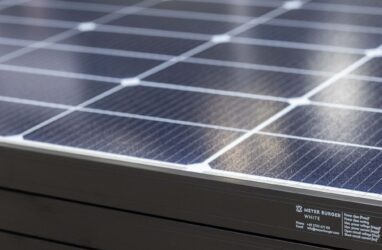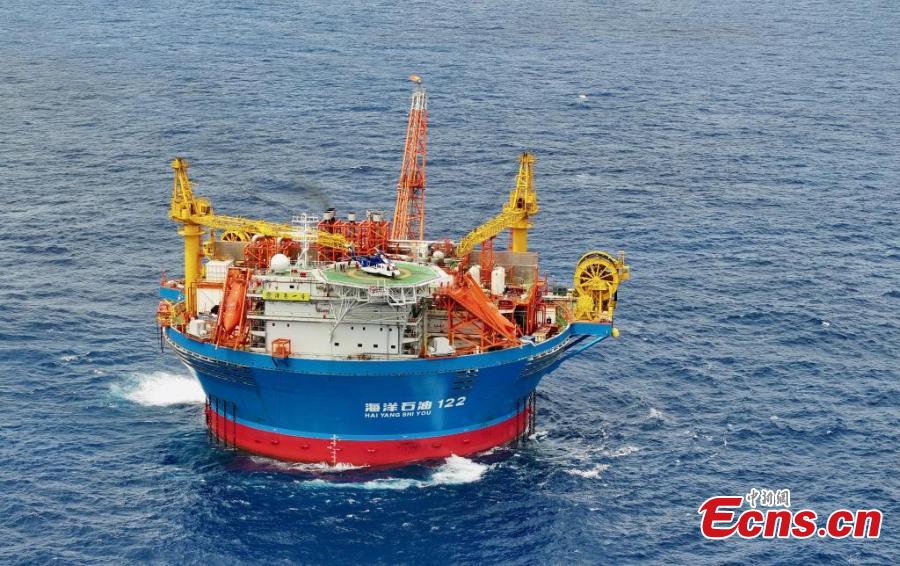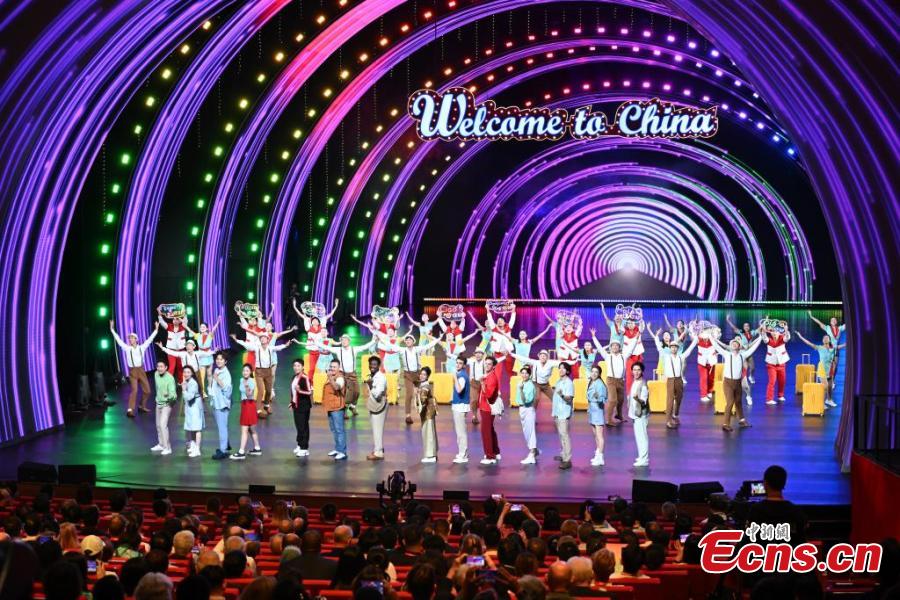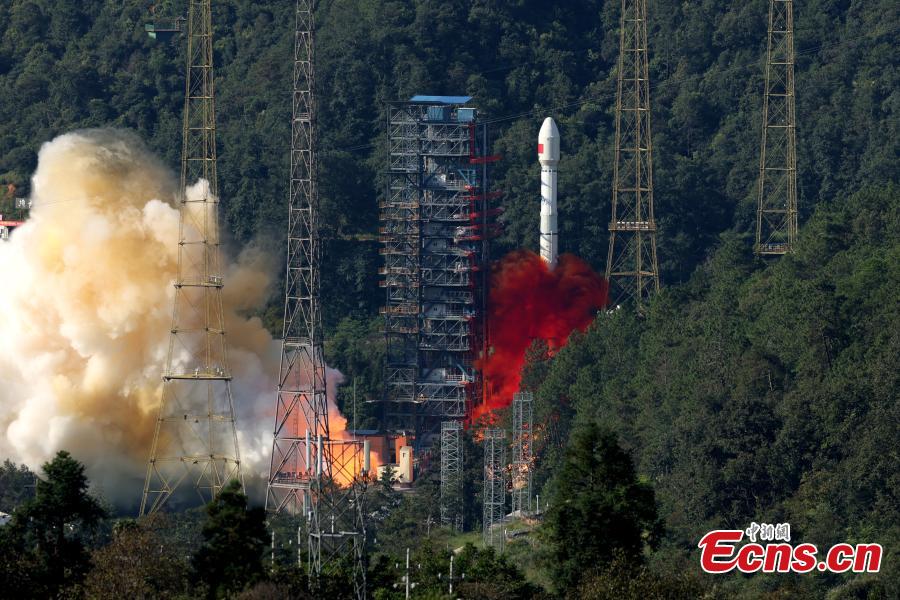
The outgoing chief of Swiss solar manufacturer, Meyer Burger, has reaffirmed his belief that Europe can compete against China on PV module production, despite the troubled company’s ongoing struggle to survive. Gunter Erfurt confirmed his departure from Meyer Burger in a on Wednesday, after nearly nine years at the company, more than four of those as CEO. He is being replaced by executive chair Franz Richter.
Erfurt leaves Meyer Burger at the same time as chief financial officer Markus Nikles and as the company of its global workforce, with about 200 jobs set to go by the end of 2025. Erfurt’s time at the helm of the PV maker – it makes solar cells, modules and tiles – has been shaped by the fight to keep a foothold in the solar supply chain in a global market increasingly dominated – and – by cheap exports from China. It has been a losing battle for Meyer Burger, however, the company indefinitely pausing operations at Germany’s largest solar manufacturing facility earlier this year and in August spiking plans to build a new plant in Colorado in the US – a move that sent the company’s shares .

Reporting of Meyer Burger’s 2024 half-year results have been delayed twice and are now scheduled for September 30. Despite all this, in his statement on Wednesday Erfurt says solar remains an important manufacturing industry for the future of Europe. “When we announced in 2020 that we wanted to produce solar modules in Europe again, many people did not believe us,” Erfurt says on X.
“I believe that we have been able to convince many people in Europe and the USA in recent years that production outside of China is not only technically and economically possible, but also absolutely necessary. “I stand by my firm conviction: Europe has both the technology, the trained people and the entrepreneurial creativity to succeed, it just needs industrial policy that not only recognises the signs of the times in speeches, but courageously translates them into action.” Erfurt has been a vocal critic of European and, in particular, German policy makers for what he sees as a failure to level the playing field against China.
“As long as the legislator does not create fair competition despite its announcements, we are preparing the restructuring in Germany,” he said at the start of the year, while also signalling a shift in focus to growth in “the highly attractive” US market. In April, the European Commission on a plan to support the bloc’s photovoltaic sector through what it described as a “crisis” in the manufacturing industry, setting out a series of supports including government procurement of locally made PV products. But the move has done little to stem the bleeding at Meyer Burger.
In his statement this week, Erfurt says politicians have been “too afraid of China” to protect the European solar industry against unfair competition, or to support the creation of new industry based on “leading European technology.” “For a second time, an industry of the future has been sacrificed to China,” he writes. “Europe’s 100% dependence on China in the solar sector, one of the most important energy sources of the future, will one day be regretted, especially as other European core industries of the future are now being attacked with similar methods.
” The message will not go unnoticed by the industry – and federal government – in Australia, which have embarked on their own plan to build a solar supply chain on Australian soil. Just this month, the federal Albanese government’s $1 billion Solar Sunshot program launched its first-round offer of $550 million to help companies scale up commercial manufacturing of solar PV modules and tracking and deployment technologies. Currently, Australia has one solar panel manufacturer in Tindo Solar, which make their panels offshore and assemble at home – although it’s if it can get government support.
The startup SunDrive is also working on commercialising its home-built technology built around the use of copper rather than silver in solar cells. “Solar electricity will be the foundation of Australia’s future energy supply and the key to our net zero and renewable energy superpower ambitions,” ARENA CEO Darren Miller said in a statement. “We need to build on our history of innovation and extend this into manufacturing across the solar supply chain.
The demand for solar required to meet our net zero and renewable energy superpower goals is immense and Australia has the opportunity to build resilience and unlock long-term economic opportunity.”.










